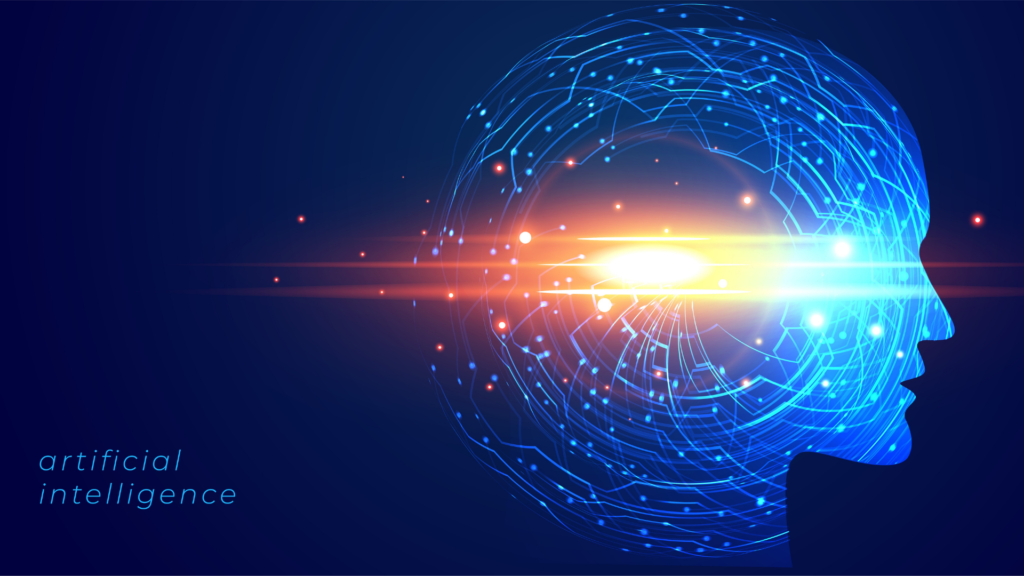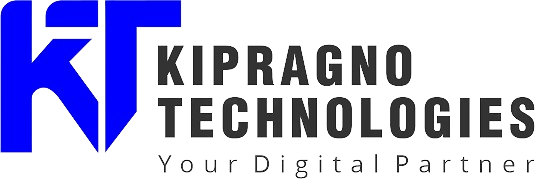Artificial Intelligence and ethics
Kipragno Technologies
October 4, 2023

“Artificial Intelligence is the study of mental faculties through the use of computational models.”
Eugene Charniak and Drew McDermott suggested this definition of AI in their book Introduction to Artificial Intelligence published in the 1980s. Since then, we have moved from dedicated game consoles like Atari to Virtual reality games, from scanning tunneling microscope by IBM to image of a black hole, from Expert systems to self-driven cars. Thanks to the Turing award winner (1971), John McCarthy, and team for coining the term Artificial Intelligence and giving us the next big thing! The following figure, based on the document published by John A. Bullinaria in 2005 depicts a few popular sub-fields of Artificial intelligence.
All these sub-fields open the door for a plethora of opportunities for research, jobs, and technical advancements. But, as the Peter Parker principle says –With great power comes great responsibility, ethics in the field of Artificial Intelligence should not be forgotten.
Whether we train Machine learning models for regression or classification problems, whether with analyze images under Computer Vision or texts in Natural Language processing or speeches in Speech Processing, we should never forget about the ethics and the privacy of the individuals.
It is not that long ago when we saw the popular Cambridge Analytica case. They tried to affect the sentiments of people in many elections. Obviously, there have been repercussions but still, it is a long way to go. Nowadays Governments and associated agencies collect the data by tools like SSN numbers, IRP cards, PPS numbers, Aadhar cards, and many more. Mostly, not only the general information like name, age, gender, etc. is collected but they also collect biometric information like fingerprints. No doubt if such data gets exposed to the anti-social elements of the society, we must be ready for the aftermath. Occasionally, we read in newspapers that millions of such records are available on the Dark web. But what are the steps that can be implemented to stop this?
Proactiveness – Whenever we develop any application or even plan to develop, we should consider its impact on society. As computer engineers, it’s our sheer responsibility to take care of the social and moral values and make sure that the application doesn’t have any adverse effect on society.
Controlled development – Author Cassandra Clare wrote in her novel City of Lost Souls (2012),” Too much of anything could destroy you”.However, we have already seen a bit of what AI is capable of, but we are yet to see the utmost power of AI. We all are aware of OpenAI and its deep fakes. So, controlled development in the field of AI with regulatory authorities is very important.
Human intervention – Of course machine learning models can learn by themselves, of course, we have opportunities for self-driven cars and of course, we have seen robots doing operations, but can we let them thrive on their own? Obviously, it will take time for them to be capable of this, but still, human intervention should never be withdrawn.
To conclude, AI is full of possibilities yet responsibilities. We should handle and use this treasure with care and for humanity.
References
- https://dl.acm.org/doi/book/10.5555/3527
- https://en.wikipedia.org/wiki/Television_set
- https://www.infoplease.com/year/1985
- https://www.cs.bham.ac.uk/~jxb/IAI/w2.pdf
- https://www.freeimages.com/photo/technology-background-1632715
- https://en.wikipedia.org/wiki/With_great_power_comes_great_responsibility
- https://www.goodreads.com/quotes/tag/excess
